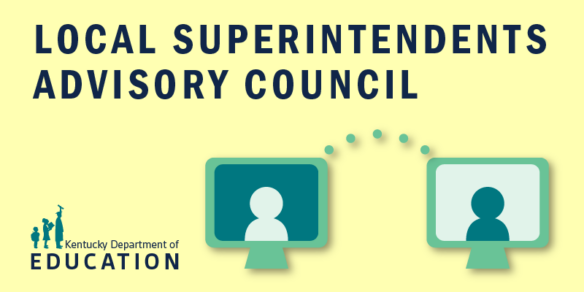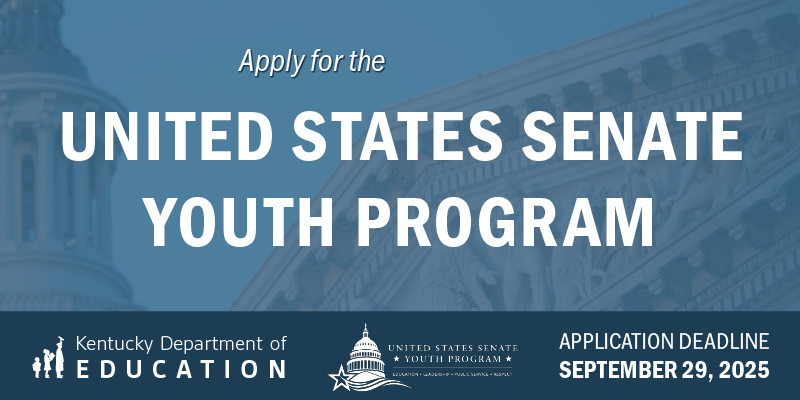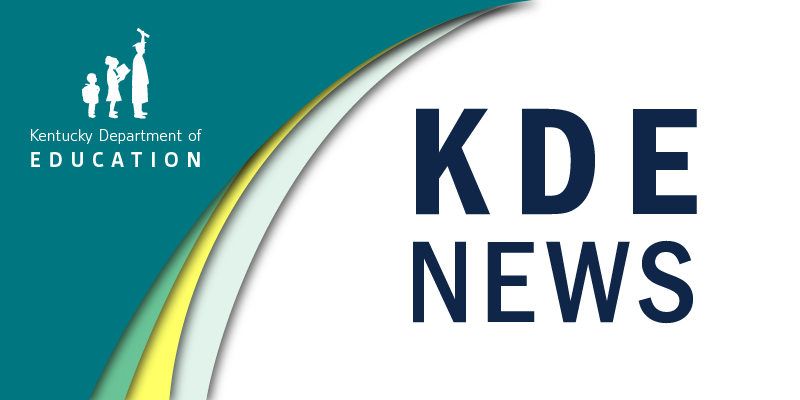 (FRANKFORT, KY) – The Local Superintendent Advisory Council (LSAC) approved a new regulation on the certification of nonpublic schools during the Nov. 26 council meeting. Kentucky’s education commissioner must submit all proposed administrative regulations and educational policies for review by the council before seeking approval from the Kentucky Board of Education.
(FRANKFORT, KY) – The Local Superintendent Advisory Council (LSAC) approved a new regulation on the certification of nonpublic schools during the Nov. 26 council meeting. Kentucky’s education commissioner must submit all proposed administrative regulations and educational policies for review by the council before seeking approval from the Kentucky Board of Education.
Kelly Foster, an associate commissioner in the Kentucky Department of Education’s (KDE’s) Office of Continuous Improvement and Support, shared the new regulation, 704 KAR 3:315, Certification of Nonpublic Schools.
This regulation will be a part of the Kentucky Non-Public Schools Commission (KyNPSC), a joint effort between the KBE, KDE and the leadership of the state’s non-public schools.
“We have a long working history with the non-public schools association and we have been working with them since 1992,” she said.
Foster reviewed the four different sections of the regulation, which will next be presented to the KBE during its regular December meeting.
Section one of 704 KAR 3:315 defines a “nonpublic school” as any private, parochial, home-based or church school. A public charter school as defined by KRS 160.1592 is not a nonpublic school.
Section two would provide the procedures for certification, which includes the following:
- The non-public school must seek accreditation from an approved accreditor;
- The non-public school must apply for voluntary certification through the KyNPSC;
- The KyNPSC annually produces a list of non-public schools for consideration by the KBE;
- Upon the recommendation of the KyNPSC, the KBE may revoke certification at any point during the school year.
Foster said that section three of the regulation will be KyNPSC required policies, which includes KyNPSC adopting a policy for the screening and selection of eligible accrediting agencies, a policy for recommending non-public schools to the KBE for certification and recommending certification revocation.
In addition, KDE will provide technical assistance as requested by KyNPSC, and KyNPSC will annually submit the three required policies to the KBE for review and approval.
Section four addresses the posting requirements from both KyNPSC and KDE. Both are required to post on their websites a list of certified non-public schools, which will include information like the names of the certified nonpublic schools, the grade levels served, a static email, approved accrediting agencies and the three required policies.
“This regulation will allow the KyNPSC to have clear processes, policies and procedures to ensure what we are bringing to the state board is of high quality,” Foster said.
The council also engaged in a discussion about the Kentucky United We Learn Assessment and Accountability Framework 1.0, asking clarifying questions and sharing individual thoughts on its current components. The members expressed their appreciation for the work done so far and the opportunity to provide feedback.
Jennifer Stafford, division director for the KDE’s Office of Assessment and Accountability, provided an update and reviewed the development process, core values and the proposed phased-in approach for implementation. In addition, the council discussed the balance between local accountability and the federal system, emphasizing the importance of flexibility, comparability and trust in local systems.
Stafford highlighted how Framework 1.0 proposes a distinct separation of required federal accountability indicators, used to identify the lowest-performing schools, from other components that would be included in each district’s local accountability reporting. Commissioner Robbie Fletcher identified the accountability indicators required by the Every Student Succeeds Act, noting that there is some flexibility within these requirements for stakeholders to consider.
Key points raised by LSAC members included:
- Individual Student Growth: Replace the current system’s focus on change with a focus on individual student growth at the elementary and middle school levels.
- Science Assessment: Include science assessments and reporting results at each grade span, as federally required, but remove science from accountability measures.
- Quality Control and Safety Survey (QCSS): Continue the QCSS but remove it from accountability. Chronic absentee data and a vibrant learning experiences indicator were discussed as a potential replacement.
- College Admission Test: Opinions varied on continuing the requirement of a college admission test for all juniors to provide a measure used beyond Kentucky.
- Formative Assessment Flexibility: Allow flexibility and choice with formative assessments within a through-course assessment model.
- Streamlined Assessment Requirements: Continue efforts to streamline assessment requirements within the through-course assessment model.
The LSAC will meet again on Jan. 28.




Leave A Comment